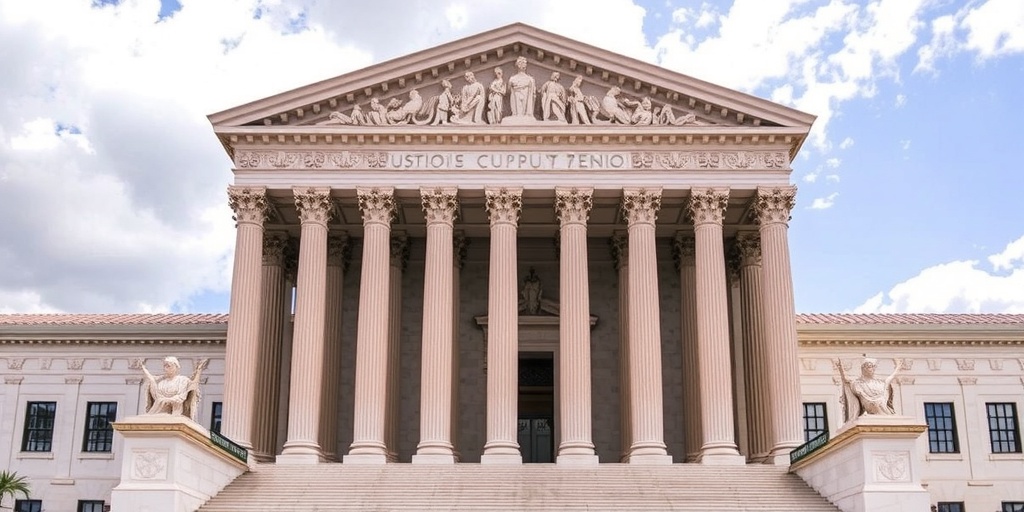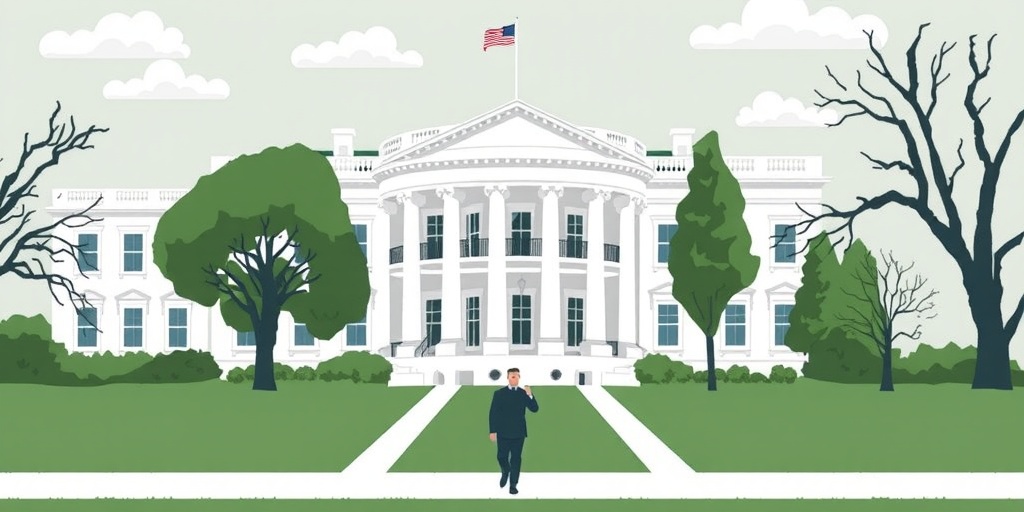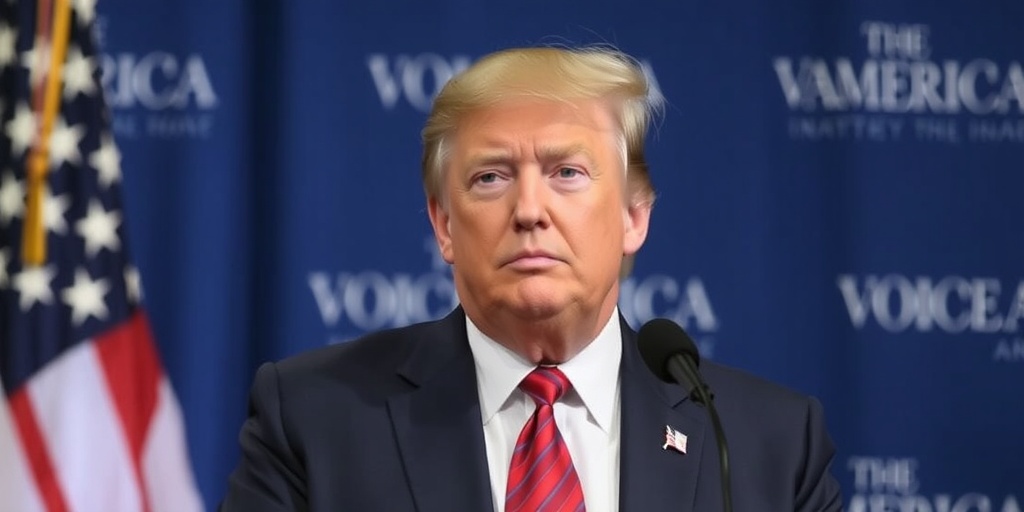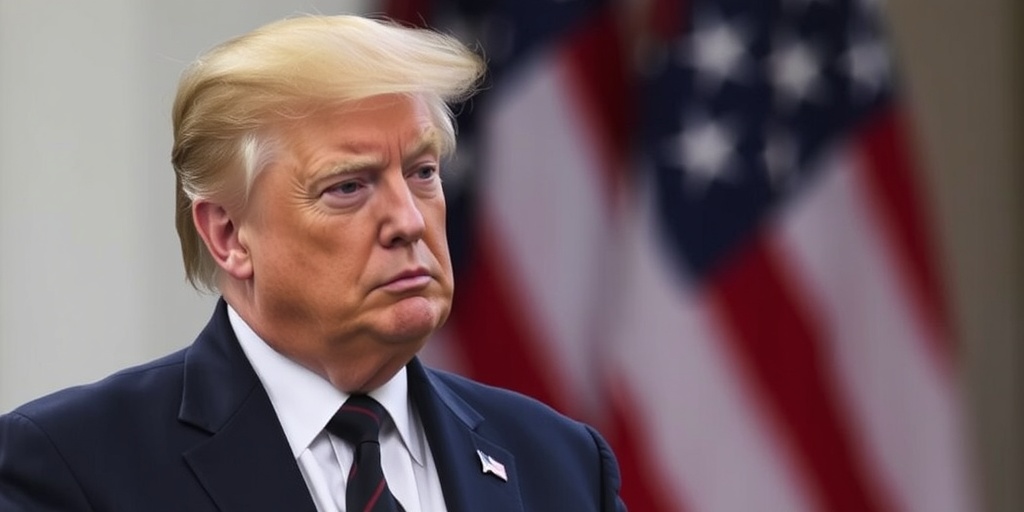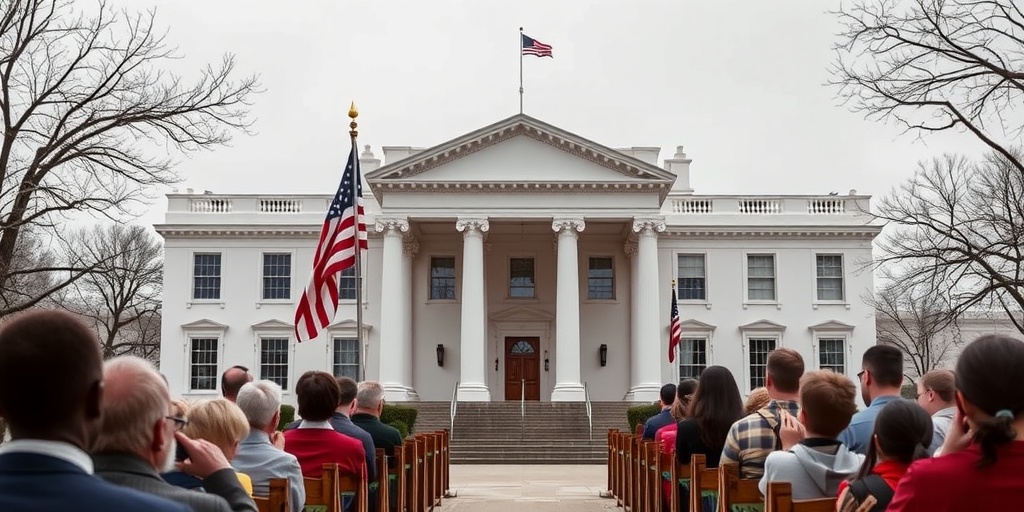Now Reading: Elon Musk Suggests Privatizing Amtrak, Calls Rail System ‘Sad’
-
01
Elon Musk Suggests Privatizing Amtrak, Calls Rail System ‘Sad’
Elon Musk Suggests Privatizing Amtrak, Calls Rail System ‘Sad’
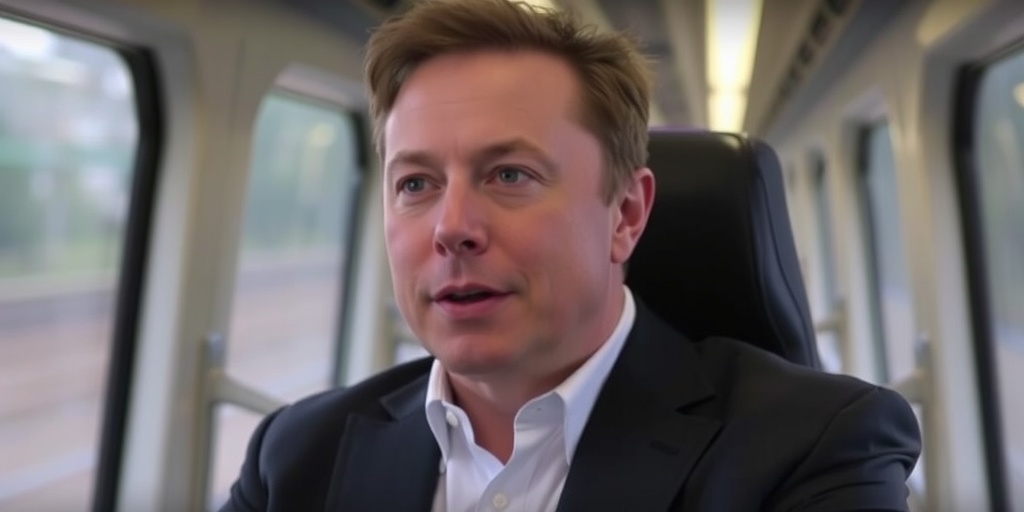
Elon Musk Critiques Amtrak, Advocates for Privatization of U.S. Rail Service
Amtrak, the 21,000-mile U.S. intercity passenger rail service, has faced scrutiny and calls for privatization almost since its inception in 1971. Recently, it drew the attention of one of its most influential critics: billionaire entrepreneur Elon Musk. Speaking at a tech conference hosted by Morgan Stanley, Musk labeled Amtrak as "embarrassing" and argued that privatization is essential for improving the rail service.
Musk drew comparisons between Amtrak and the high-speed rail systems in China, stating, “If you go to China, you get epic bullet train rides. They’re amazing.” He emphasized the stark contrast in rail travel experiences, suggesting that international visitors might return from the United States with a negative impression if they rely on Amtrak for travel. He expressed disappointment that America’s rail services lag compared to those in countries like China, where government subsidies enable high-speed connectivity between urban centers.
In contrast, Amtrak’s premier service, the Acela, manages a top speed of approximately 150 miles per hour, while many trains in China cruise at speeds exceeding 186 miles per hour. Musk’s comments come at a time when Amtrak has been criticized for its aging infrastructure and frequent delays. Instances of these delays have led to cascading effects within urban transport networks, exacerbating issues for commuters and raising questions about the efficiency of the current system.
In response to Musk’s statements, Amtrak defended its operations, asserting that its business performance remains robust. The company noted its record ridership of 32.8 million customers in the previous fiscal year and claimed to have invested over $4 billion into improving its infrastructure and fleet. The service remains an indispensable part of the nation’s transportation network, providing connectivity between rural areas and urban centers at affordable rates.
Musk’s call for the privatization of Amtrak echoes his previous critiques of other government-funded services, including the U.S. Postal Service. Although there has been continued support for Amtrak from Congress and proponents of public transport, the specter of privatization lingers, particularly among some policymakers. President Trump, during his administration, suggested substantial budget cuts to Amtrak but has not openly supported the idea of privatization for the rail service.
The debate over privatizing Amtrak is compounded by its dual role as a public service and a commercial entity. While privatization proponents argue it could lead to improved efficiency, critics cite examples such as Britain’s rail system, which has seen operational challenges following decades of privatization. Amtrak has taken a firm stance against privatization, recently publishing a white paper questioning the rationale behind such proposals.
The paper details how ridership in the Northeast Corridor, which is the highest-trafficked area for Amtrak, has surged post-COVID, highlighting the importance of its services to both commuters and long-distance travelers. The rail service asserts that historical operations have not typically produced profits, reflecting a broader model observed in transit systems worldwide, where profitability is not the primary metric for success.
Musk’s advocacy for privatization faces challenges from an array of stakeholders in Congress, especially Republicans from rural areas who support Amtrak’s long-distance routes. With political dynamics at play, questions remain regarding how effectively the administration would work with Congress to advance any privatization agenda. Some analysts suggest it may be more economically sensible to utilize roads or air travel rather than investing in a privatized rail system.
Louis Thompson, a former member of the Transportation Department who helped establish Amtrak, emphasized that the expectation of profitability for a service like Amtrak may be unrealistic. He explained that the service is designed to fulfill public needs rather than to achieve financial gain, a mission that aligns more closely with public transit than with for-profit businesses.
As the debate concerning Amtrak’s future continues, it will likely be shaped by an array of economic, political, and social factors. Riders and lawmakers alike will be watching closely to see how the discussions unfold regarding the privatization of America’s rail service and its implications for the future of passengers across the nation. While demand for Amtrak rises, the necessity for a cohesive vision that balances efficiency with public service remains a pressing issue.
Stay Informed With the Latest & Most Important News
Previous Post
Next Post
-
 01New technology breakthrough has everyone talking right now
01New technology breakthrough has everyone talking right now -
 02Unbelievable life hack everyone needs to try today
02Unbelievable life hack everyone needs to try today -
 03Fascinating discovery found buried deep beneath the ocean
03Fascinating discovery found buried deep beneath the ocean -
 04Man invents genius device that solves everyday problems
04Man invents genius device that solves everyday problems -
 05Shocking discovery that changes what we know forever
05Shocking discovery that changes what we know forever -
 06Internet goes wild over celebrity’s unexpected fashion choice
06Internet goes wild over celebrity’s unexpected fashion choice -
 07Rare animal sighting stuns scientists and wildlife lovers
07Rare animal sighting stuns scientists and wildlife lovers













